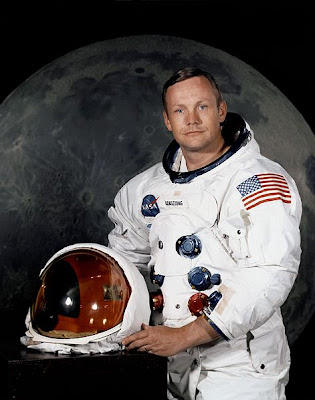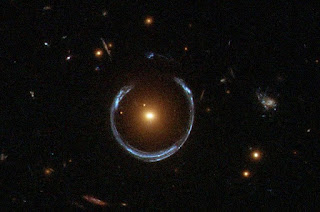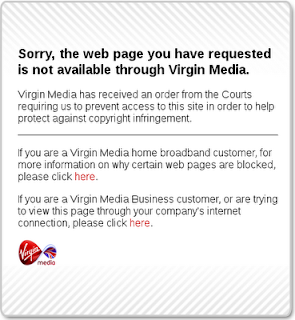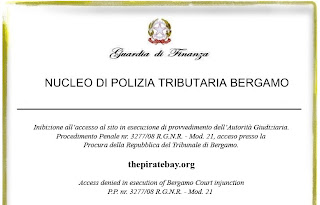The thing I like the most in writing science news is that the majority of the news is good news. Think of scientific research. It can only bring progress, and most of it is directed towards discovering things we can do and not things that we cannot do.
Sometimes, though, there are bad news. Exactly a month ago the first man that stepped on the moon died. A pioneer, or better, the pioneer of lunar exploration had complications after heart surgery and left us with one of the most remarkable achievements of humans, not just on the world, but on the universal scale. This is a gift not only appreciated by people in the USA, which launched the Apollo 11 expedition, but by the entire world, and consequently everyone mourned his death.
He did not like to be in the spotlight for his biggest achievement and he dropped his career as pilot (and astronaut) after his big mission. However, he did not stop from looking at the future as he started teaching in the University of Cincinnati in the department of Aerospace Engineering.
If you want to know more about his life, there are plenty of sources, and I would suggest you to do it, as it was a very interesting one, for sure, regardless of his longest trip.
What I am going to talk about here is about one of my favorite pictures of Neil:
 |
| Buzz Aldrin on the Moon. You really want to click on this picture to enlarge it. |
You might be asking yourself if I it is a typo or not. And you are right, the most visible astronaut in the picture above is Buzz Aldrin, but if you zoom on his helmet's visor, you will notice a familiar reflection:
 |
| Zoomed-in visor showing reflections |
And this landscape in the reflection is what makes me love this picture.
That is the reflection of Neil Armstrong, right in the middle, taking the picture of Buzz.
It is amazing to think about the trip photons had to undertake in order to form this picture. Coming from the sun, traveling through a distance of 149980571 kilometers, at around a billion km/h, roughly taking 8 minutes, to end up hitting Armstrong's suit.
In all the possible direction they could have been reflected (or absorbed, finishing their trip), they got reflected towards Buzz Aldrin's helmet. Instead of going through the visor, into Buzz's eyes, or (more rarely) being absorbed by the visor itself, they got reflected back exactly towards Neil. In particular, they got reflected towards his camera, and having passed the lens and all the components of the camera smoothly, finally they met their fate getting absorbed by the film, which is now letting us seeing the amazing pictures of men on the Moon.
But that is not all. There are at least other two amazing facts in this picture.
The first, being the "halo" around Buzz's shadow.
If you see the picture of the reflection from the visor, you will notice that the lunar grounds look lighter around Buzz's shadow. An interesting fact, which helps explaining the phenomenon, is that the halo of light is not seen in the original picture (unzoomed) where Buzz's shadow can be seen unreflected.
That is because it is an optical illusion, commonly called opposition effect. It does not just happen on the Moon, as seen here, but the high concentration of regolith on the moon increases the strength of the effect.
The opposition effect happens when the observer (or photographer) is pointing at the opposite direction of the light source (the sun). As regolith has high retroreflective properties, the zone which opposes the sun will reflect much more light and will then be brighter.
All of this, reflected back to us thanks to Buzz's helmet.
It was not just enough having Neil's reflection and a reflected opposition effect, as the picture includes something even more astounding.
 |
| Mankind in a shot |
All of us are in the pictures as well, as the visor also reflects the Earth in the sky. Highlighted in the picture above, we are all there, on the pale blue dot. I can safely say that this is the only human-made picture which includes the whole of humanity (Michael Collins is in the module, which is also reflected by the visor, on the right) and in general, a picture which includes every living organism known to us.
I need to say it again: I love this picture, and I hope you can fully understand why, now. I will conclude with a touching quote about this very photo, from Buzz Aldrin, which can surely express better than me the beauty of this shot:
"As I walked away from the Eagle Lunar Module, Neil said 'Hold it, Buzz', so I stopped and turned around, and then he took what has become known as the 'Visor' photo. I like this photo because it captures the moment of a solitary human figure against the horizon of the Moon, along with a reflection in my helmet's visor of our home away from home, the Eagle, and of Neil snapping the photo. Here we were, farther away from the rest of humanity than any two humans had ever ventured. Yet, in another sense, we became inextricably connected to the hundreds of millions watching us more than 240,000 miles away. In this one moment, the world came together in peace for all mankind."
Buzz Aldrin - Apollo, Through the Eyes of the Astronauts









